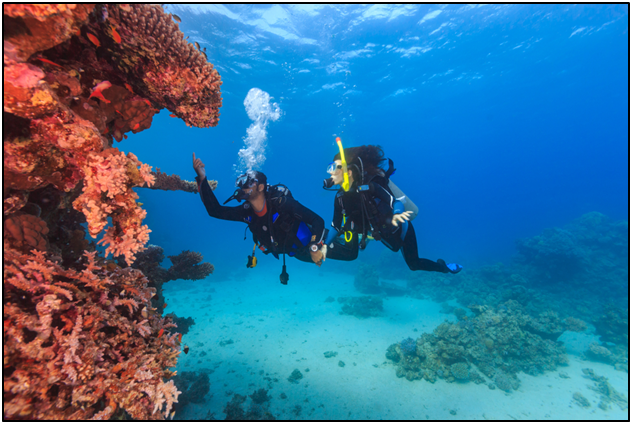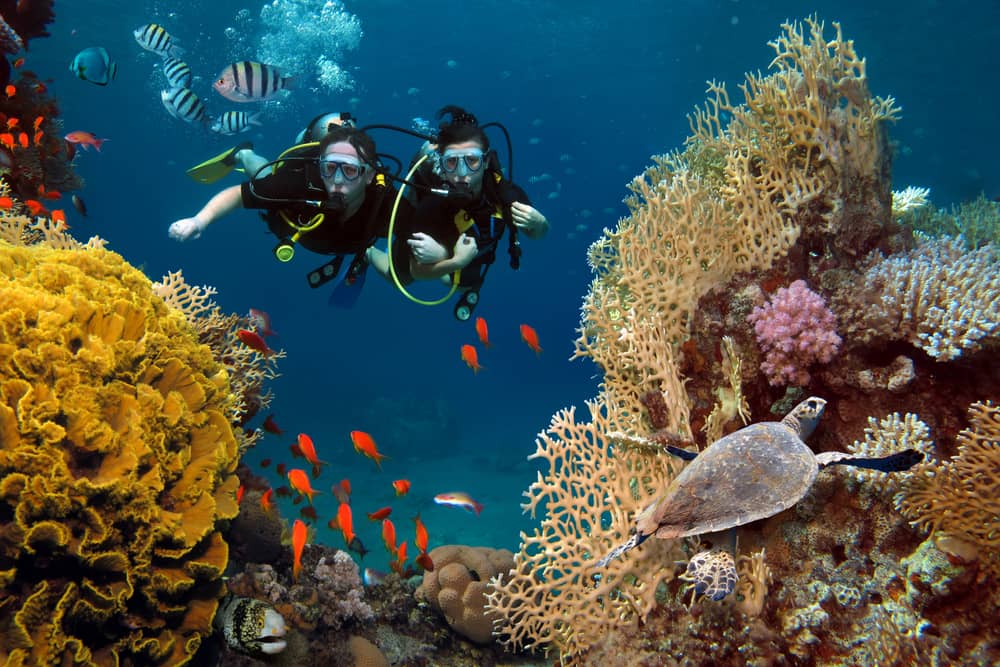Have you scuba-dived in a long time? If you’re planning an exciting scuba dive, you must undoubtedly inquire about your most recent dive. If it’s been more than a year and you don’t have adequate diving experience, all bells go off. If your diving facility requires you to attend a dive refresher course, save this Scuba Refresher checklist offered by an open water instructor for your next trip:
Here’s how you can resume diving safely:
Requirements for a Scuba Refresher Course
If you are taking the refresher course, you must get acquainted with its criteria. The first and most important prerequisite is fitness, as you will be carrying a big tank and other dive gear. The second criterion is that you be able to correctly equalize your ears, notwithstanding any damage. If you are having problems with your ears, consult an ear doctor. You can’t dive unless you can equalize. Health declarations are required to ensure that you do not have any chronic ailments. Finally, you must be at least 10 years old and have completed at least four training dives. An open water diving course will be accepted.
Mandatory Suggestions
A scuba diver must have a variety of abilities, but the following are essential:
- A thorough gear inspection is essential. Check that your regulators, BCD, and SPG are in good working order and that your straps are securely connected.
- A buddy check is required. Check that your scuba buddy’s BCD inflates, weights, and regulators operate.
- Check to see whether their air is turned on since many expert divers forget to turn on their air before diving in.
Taking a Deep Breath
Don’t. When climbing, you should not hold your breath. An air embolism might occur if you hold your breath while climbing. Worse, this can result in an air gas embolism, which can result in a heart attack, stroke, seizures and convulsions, and even death.
Hand gestures
Diving signals is a fantastic skill, but it may be intimidating. The scuba refresher course teaches you the fundamentals, such as the “down,” “okay,” and “not okay” signs. You’ll also learn how to communicate how much air is remaining in your tank.
Mask Removal
A little review on mask removal is required. Swim in the pool to get used to swimming with a flooded mask. Learning the fundamentals of underwater mask clearance will greatly enhance your diving experience.
Stops for Safety
For recreational dives, three minutes at five meters is the must-know safety stop. If you don’t have a dive computer, you’ll have to rely on your dive guide to keep you at the proper depth for the appropriate period of time.
Scuba Refresher Gear
If you can afford your own equipment, make sure you have simple things like flippers, a mask, a wet suit, and a dive watch. This indicates your familiarity with diving, letting you focus on a joyful dive. If not, ensure the dive center provides gear that’s regularly maintained, in good shape, and fits you properly.
In conclusion, the world of scuba diving offers endless wonders, but safety and competence are paramount. A scuba refresher course equips you with the skills and confidence needed for a successful dive. Whether you’re revisiting the basics or exploring new depths, continuous learning is the key. And for those seeking the pinnacle of underwater expertise, the PADI divemaster course Fort Worth Texas, beckons as the ultimate achievement, unlocking a world of leadership and exploration beneath the waves. Dive in, become a master, and let the ocean’s secrets unfold before your eyes.



